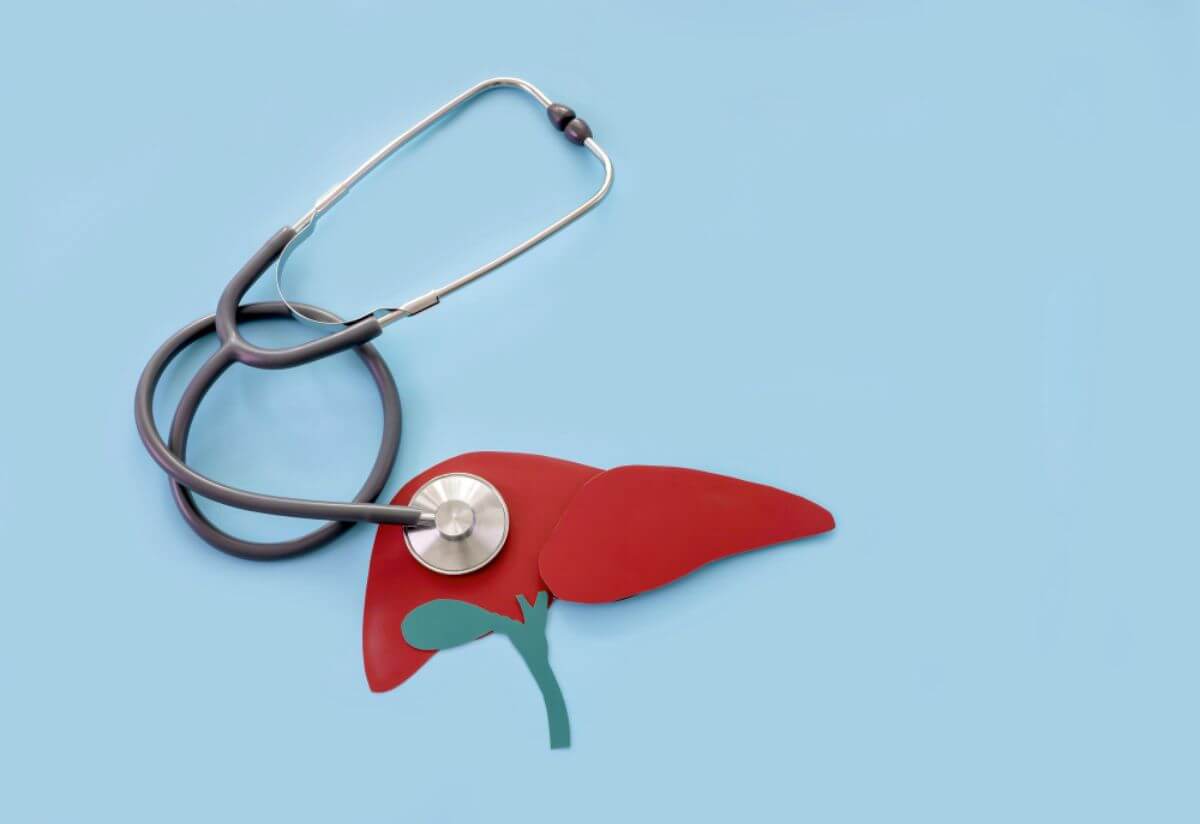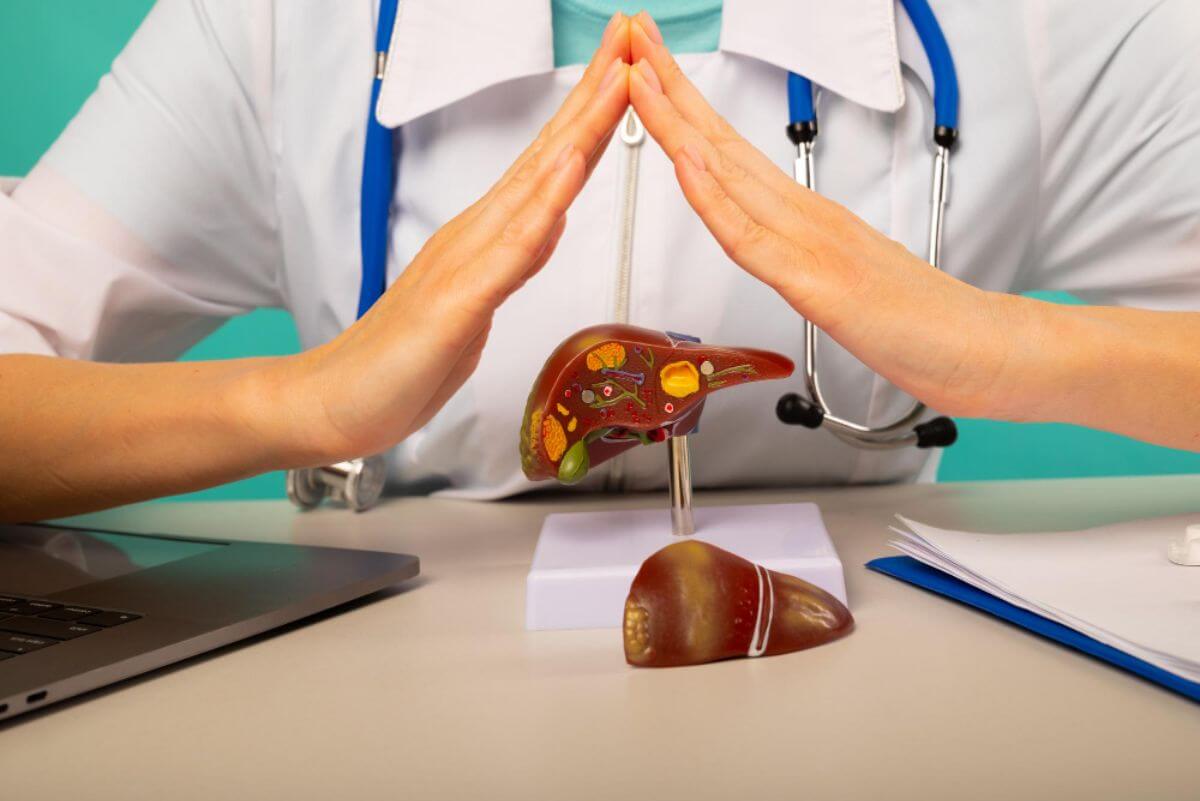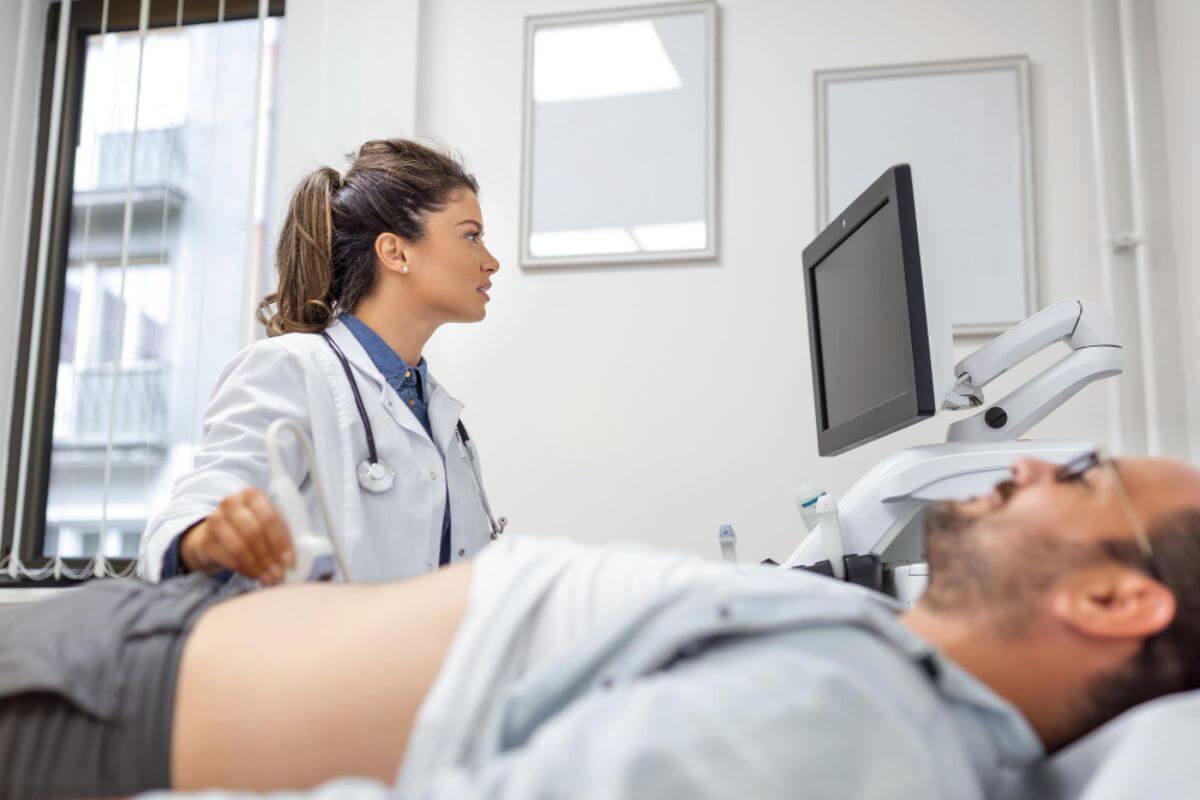What are the advantages of regular liver cancer screenings?
- Early detection of disease
- Improved treatment options
- Increased survival rates
- Preventing disease progression
Overview
- Liver cancer is a major public health concern in the Philippines, ranking as the fourth most prevalent cancer type and the second leading cause of cancer-related deaths.
- Getting screened for liver cancer regularly is important because it helps find the disease early, gives more treatment choices, improves chances of survival, and stops the cancer from getting worse.
Liver cancer is a serious condition in which harmful cells form within the liver tissues. The liver, with its two lobes in the upper right abdomen beneath the protective rib cage, is an organ that serves crucial functions such as making bile for fat digestion, storing sugar for energy, and filtering harmful substances from the blood.
Recognizing the advantages of regular liver cancer screenings is vital for tackling the significant public health concern posed by liver cancer in the Philippines. With liver cancer standing as the fourth most prevalent cancer type and the second leading cause of cancer-related fatalities in the country, the urgency of understanding the importance of these screenings becomes evident. In 2020, the recorded 10,594 new cases of liver cancer and the consequent 9,953 deaths underscore the need for proactive measures.
As January marks Liver Cancer Awareness Month, it’s crucial to highlight the benefits of regular liver cancer screenings. Early detection improves prognosis and treatment outcomes. Prioritize your health by scheduling screenings with specialized medical centers and professionals.
Early Detection of Disease

Early detection of liver cancer is essential for better treatment outcomes. When diagnosed early, before spreading, it’s more treatable with options like surgery, transplantation, or localized therapies. This leads to a better quality of life and increased longevity due to milder side effects. Diagnosing the disease involves a series of procedures, starting with a physical examination and health history assessment to evaluate the patient’s overall health.
Various tests are employed in diagnosing liver cancer, including the Alpha-fetoprotein (AFP) tumor marker test, liver function tests, CT scan, MRI, ultrasound exam, and biopsy. Biopsy, while not always necessary, confirms the presence of cancer by examining cells or tissues. These tools contribute to the accurate and timely identification of liver cancer when used strategically.
Improved Treatment Options
Regular liver cancer screenings involve proactive and routine examinations to detect signs of liver cancer at its early stages. These screenings typically include tests and procedures to identify any abnormalities in the liver tissues or blood markers associated with liver cancer.
The significance of these screenings lies in their ability to facilitate early detection. When liver cancer is identified in its initial stages, before spreading to other organs, the range of treatment options becomes more expansive. This early intervention is crucial for achieving successful treatment outcomes and improving the overall prognosis for individuals diagnosed with liver cancer.
Increased Survival Rates
Liver cancer screenings play an essential part in increasing survival rates by enabling the identification of the disease at an early and more treatable stage. Recent studies consistently show that people who find liver cancer through screening have better chances of surviving for at least one year compared to those who discover it by symptoms or by chance.
Most people don’t exhibit signs and symptoms in the early stages of primary liver cancer. However, when they do appear, they may include unexplained weight loss, loss of appetite, upper abdominal pain, nausea and vomiting, general weakness and fatigue, and yellow discoloration (jaundice) of the skin and eyes. Recognizing these signs empowers individuals to take a proactive approach to their health through regular screenings.
Preventing Disease Progression

Early detection and intervention play a major role in halting the development of hepatocellular carcinoma (HCC), the most common type of liver cancer. Targeting underlying conditions, such as cirrhosis, is integral to this strategy, as over 90% of HCC cases occur in the setting of cirrhosis. Given the current absence of therapies to reverse cirrhosis, preventing its progression to liver cancer becomes a significant and impactful win for patient health.
Liver cancer screenings are instrumental in preventing disease progression by facilitating early detection. Timely identification allows for targeted interventions to address underlying conditions. By incorporating regular screenings into healthcare practices, there is a significant opportunity to curb the progression of liver disease, ultimately preventing the development of advanced-stage liver cancers.
Key Takeaway
Prioritizing your health involves recognizing the numerous advantages of regular liver cancer screenings. By participating in these routine processes, people empower themselves with the knowledge and ability to identify abnormalities associated with this serious condition.
In line with valuing your well-being, Perpetual Help Medical Center (PHMC) offers comprehensive liver cancer screenings. Our specialized medical professionals are dedicated to providing proactive care, early detection, and personalized treatment options. Take control of your well-being and contact us to schedule a liver cancer screening with PHMC today.

